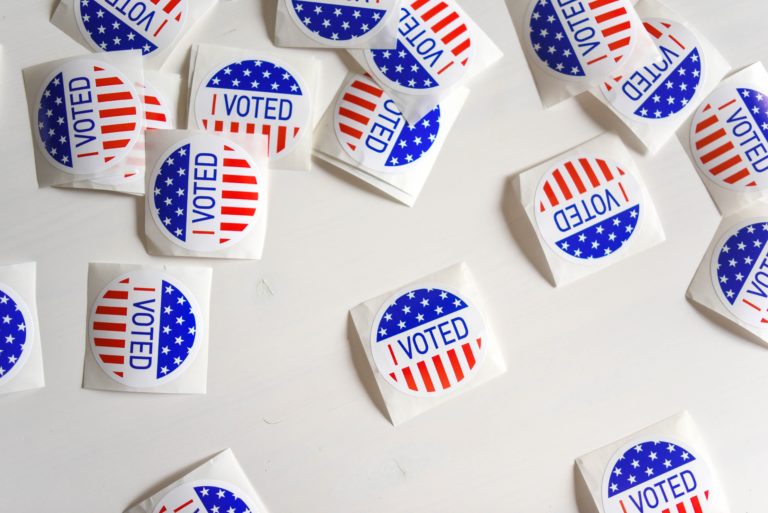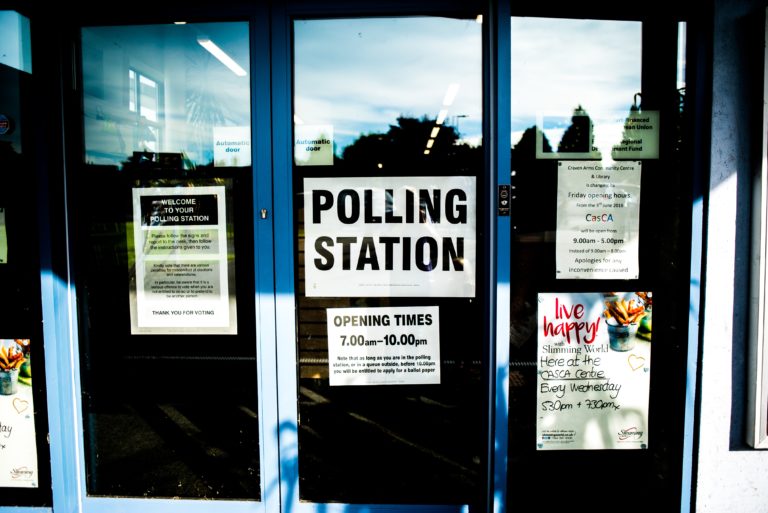On July 19, 1848, over 300 (mostly) women gathered for the Seneca Falls Convention,…
For Women Candidates, Confidence is Key

30 seconds. That’s 36 heartbeats. 8 deep breaths. And it’s the amount of time it takes for a voter to assess a woman candidate’s confidence. If a voter believes that a woman is confident, they are more likely to see her as likeable and qualified. Both of these metrics are important for all candidates, but BLFF research shows that for women on the campaign trail, they’re nonnegotiable.
Likeability. If we’ve said it once, we’ve said it a million times: Voters will vote for a man they don’t like, if they think he’s qualified. But they will not do the same for a woman, even if they believe she’s qualified. Long story short, voters won’t vote for a woman candidate if they don’t like her. This sexist double standard makes likeability a key factor for women running for office, but highlighting their likeability can be easier said than done. Women are held to a higher standard – they need to appear polished, but not robotic; be funny, but not crass; be well-spoken, but also relatable. The balancing act is complicated, and confidence is a major factor for voters when they’re making that assessment.
Qualifications. When evaluating a woman’s qualifications, confidence is one of the top factors voters looked for in a candidate. Qualifications are another double standard women face on the campaign trail. For male candidates, their qualifications are assumed. Women have to prove, and then consistently remind voters, that they are qualified to hold office. According to BLFF research, the best way to do that is to appear confident, honest, stand up for what is right, be knowledgeable, get results, have a vision, and be in touch with voter’s lives.
We’ve seen all of these dynamics at play in the last two Democratic debates, and we expect more of the same in Thursday’s matchup.
For real-time analysis of the Democratic Debates, follow along with us on Twitter at @OnGender and using the #GenderOnTheBallot hashtag.






